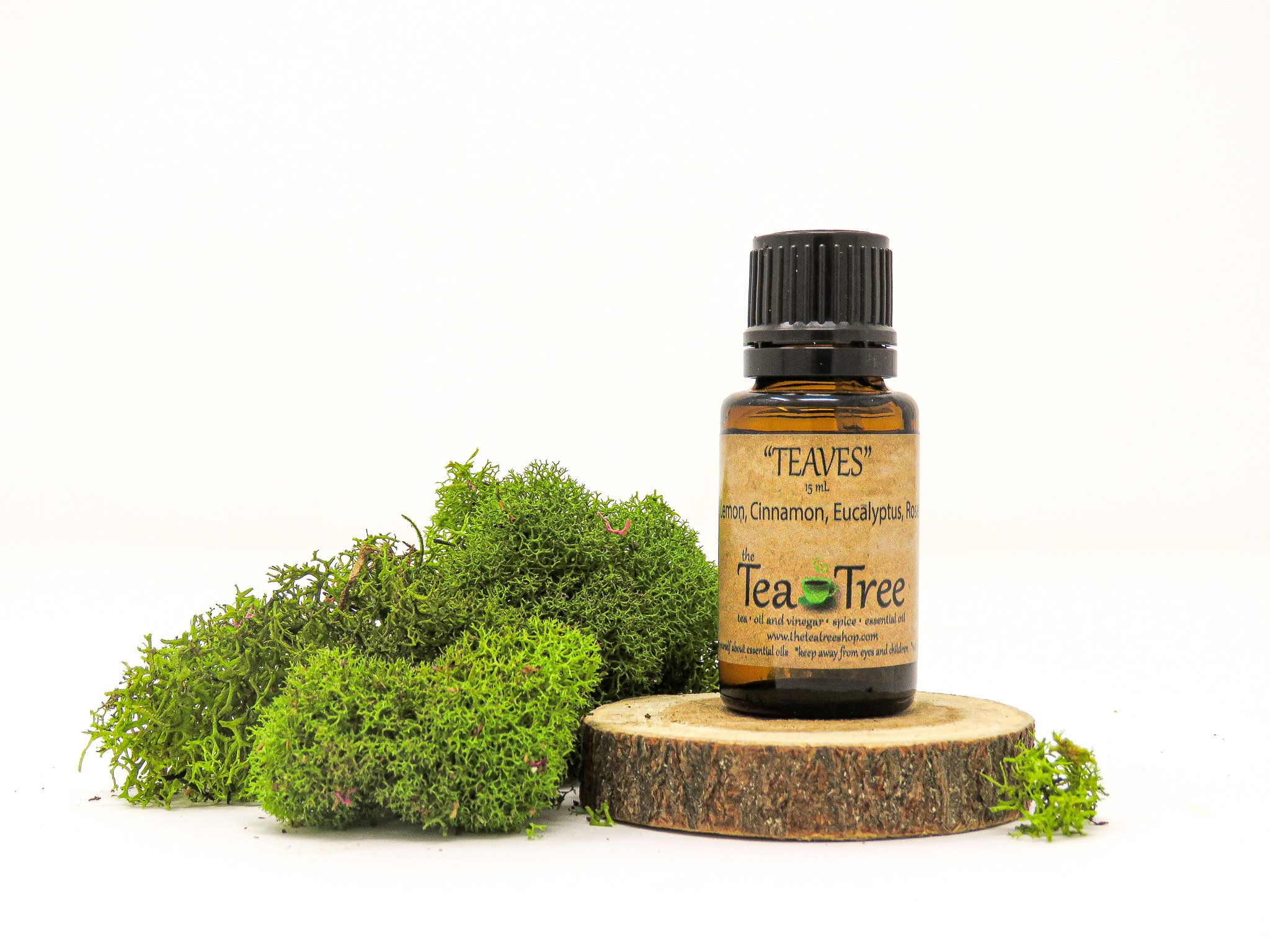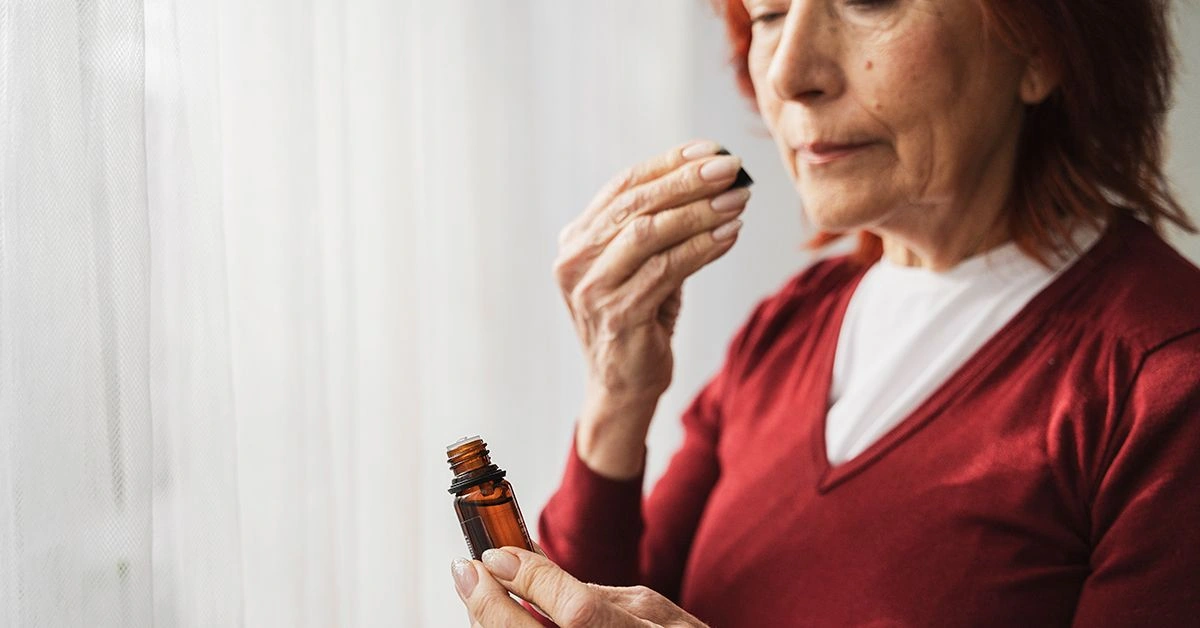There isn’t a large body of research on the medical applications of essential oils, but the available studies indicate they may assist with sore throat relief.
Essential oils are extracted from plant leaves, bark, stems, and flowers using steam or water distillation. In plants, they serve to deter predators, fungi, and bacteria, and to attract pollinators. In people, certain essential oils may help eliminate microbes, reduce inflammation, and promote healing.

A sore throat is a painful condition that commonly makes swallowing difficult. It’s typically caused by viral infections like colds or influenza, or by bacterial infections such as strep throat.
Remember that essential oils are intended for inhalation or for topical use after dilution in a carrier oil. Diluted oils can also be added to a bath. Swallowing essential oils is not advised, as some can be toxic.
1. Thyme essential oil
A 2011 study reported that thyme oil exhibits strong antibacterial activity against several antibiotic-resistant bacterial strains. Thyme may also lessen muscle spasms, which could reduce coughing that sometimes worsens a sore throat.
2. Lavender
Lavender is well known for its calming qualities. A 2005 study suggested lavender oil might have anti-inflammatory and antimicrobial effects. These findings are encouraging, though additional research is needed to confirm them.

3. Tea tree essential oil
A 2013 study found tea tree oil to possess notable antibacterial and anti-inflammatory properties. It’s frequently used as an antiseptic for gum infections and other oral issues.
4. Cinnamon, wild carrot, eucalyptus, and rosemary essential oil blend
Blends of essential oils can sometimes be more potent than single oils. A 2017 study showed that a mixture of cinnamon, wild carrot, eucalyptus, and rosemary oils has both antibacterial and antiviral actions.
Researchers propose this combination could be an effective treatment for influenza and for bacterial pneumonia, which can develop after the flu.

5. Eucalyptus essential oil
Eucalyptus is commonly used as an antiseptic to ease symptoms of colds, sore throats, and coughs. A 2011 study compared antibacterial effects among various eucalyptus oils, noting that oils from different plant parts have distinct chemical profiles.
All tested eucalyptus oils showed some antibacterial activity. Oil from the eucalyptus fruit demonstrated the strongest antibacterial effect, including against certain drug-resistant bacteria.
6. Lemon essential oil
A 2017 study reported that lemon oil had potent antibacterial action against Listeria bacteria. This suggests it might be useful against other bacteria that cause sore throats, though further research is needed.
Citrus oils can increase skin sensitivity to sunlight. Avoid sun exposure when using diluted citrus oils on your skin.
7. Peppermint essential oil
Peppermint contains menthol, a primary ingredient in many lozenges and cough drops that soothe sore throats.
A 2015 study indicated peppermint oil’s antibacterial effects were comparable to the antibiotic gentamicin (Garamycin). Inhaling peppermint oil may also reduce inflammation and ease pain.

8. Ginger essential oil
Ginger is famous for calming the stomach, but it’s also a traditional remedy for colds. According to Herbal Medicine: Biomolecular and Clinical Aspects, 2nd Edition, ginger possesses anti-inflammatory properties that may help relieve throat discomfort.
9. Garlic essential oil
Garlic oil contains allicin, a compound with antiviral and antifungal qualities. It may be particularly useful for sore throats caused by viral infections. A 2014 study observed garlic’s antibacterial activity against many bacterial species.
How to use essential oils
The first consideration is selecting a quality oil. Essential oils are not FDA-regulated, so it can be difficult to know what a product actually contains.
When shopping, seek organic oils from companies affiliated with the National Association for Holistic Aromatherapy. Labels should list botanical names, country of origin, and distillation and expiration dates.
After choosing an oil, you can use it for a sore throat in several ways:
- Steam inhalation: Put up to 7 drops of essential oil into 2 cups of boiling water; drape a towel over your head and inhale the steam through your nose. Keep eyes closed to avoid irritation.
- Direct inhalation: Place 2–3 drops on a cotton ball and breathe deeply. You can also set the cotton ball near your pillow while sleeping.
- Diffusion: Add several drops to a room diffuser. Diffused oil may help purify the air.
- Topical application: Mix up to 10 drops of essential oil with 2 tablespoons of a carrier oil like coconut or jojoba oil; apply to the skin over the throat.
Do not ingest essential oils. Never apply them undiluted to the skin.
Warnings
Although natural, essential oils can be hazardous. For instance, ingesting even a small amount of eucalyptus oil can trigger seizures, according to the National Capital Poison Center.
Essential oils can also cause allergic reactions. Seek immediate medical attention if you experience any of the following while using essential oils:
- difficulty breathing
- itching
- skin rash
- rapid heartbeat
Exercise extra caution if you’re pregnant or breastfeeding, as there is insufficient evidence to determine safety. Some oils are known to pose risks.
Consult a physician or a certified aromatherapist before using essential oils on infants and children. Many oils are unsafe for young children — a 2007 study found peppermint oil can cause breathing difficulties in children.
Tea tree and lavender oils have been identified as potential hormone disruptors in children and are under investigation for links to endocrine issues.
Store all essential oils out of children’s reach, as they can be dangerous.
The bottom line
Essential oils are an alternative option for soothing sore throats. Research indicates many have antibacterial, anti-inflammatory, and antiviral qualities, but more studies are required to fully assess their effectiveness.
Most sore throats resolve without treatment. See a healthcare provider if your sore throat continues or if you develop a high fever.
Essential oils are distilled from plant leaves, bark, stems, and flowers using steam or water. In plants they serve protective and pollination-related roles; in people they may help eliminate germs, ease inflammation, and support healing. Always talk with a healthcare professional about using these oils, as other treatments may also be necessary.
A sore throat is a painful condition that often makes swallowing difficult and is most commonly caused by viral infections like colds or the flu, or by bacterial infections such as strep throat.
There isn’t extensive research on the medical uses of essential oils, but existing studies suggest they may help with sore throats.
Keep in mind that essential oils should be inhaled or diluted in a carrier oil before applying to skin, and can be added to baths when diluted. Do not ingest essential oils because some are toxic.
























Leave a Reply
You must be logged in to post a comment.